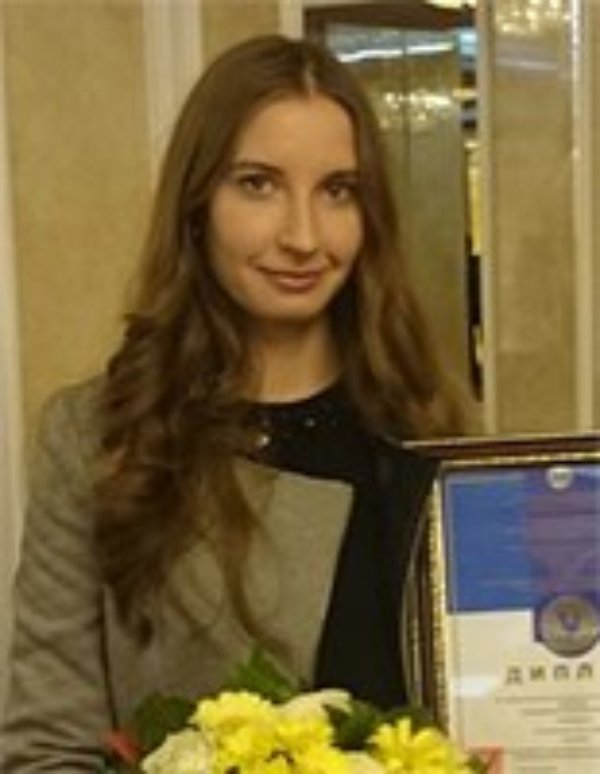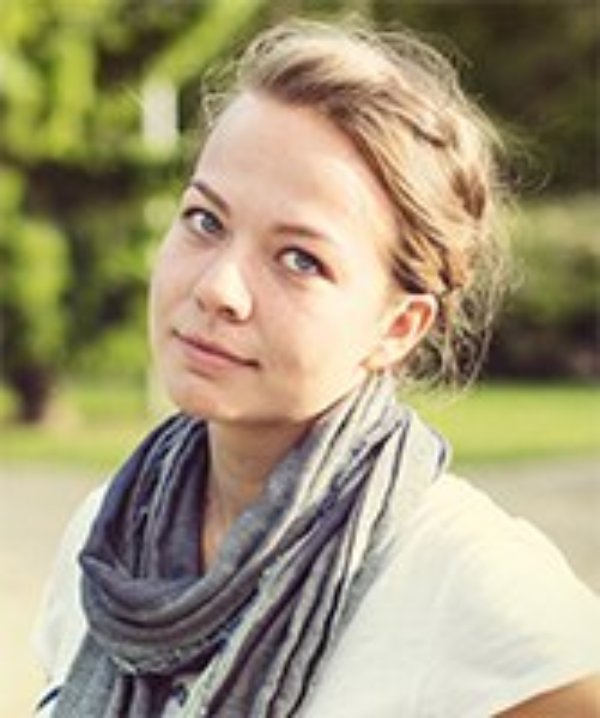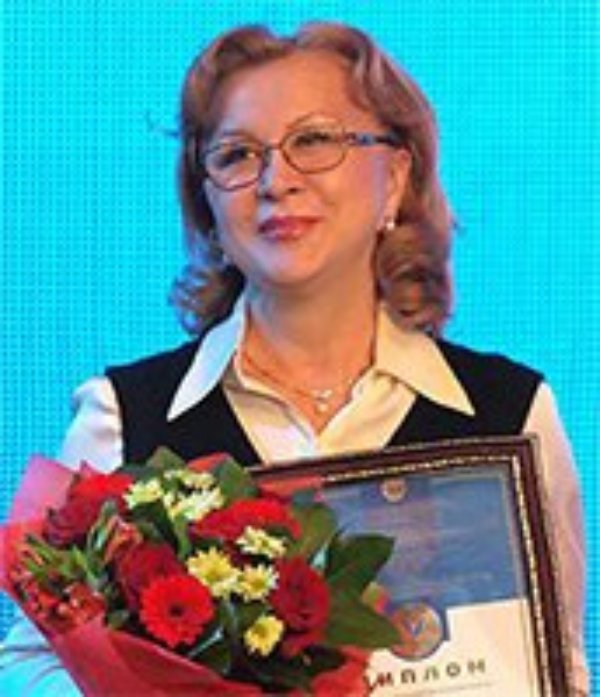December 10th saw this year's "Fifty Best Innovative Ideas for the Republic of Tatarstan" and "Idea-1000" gala. This was the 11th iteration of the competition co-founded by the Investment and Venture Fund of RT, Tatarstan Academy of Sciences and Ministry of Education and Science of RT.
Kazan University submitted the record number of application this year - 112 (compared to 86 in 2014).
Both young and seasoned researchers won this year; among the awarded are experts in biotech and medical technology, machine building, advanced materials and nanosystems.
PhD candidate at the Institute of Fundamental Medicine and Biology Leysan Zalyalyutdinova took away the prize for her work in new antibiotics.

«I have studied peptaibols, the active substances of mold fungi found in the soils of Tatarstan, - she explained. - The tests showed that an antibacterial drug based on these substances can be effective against prostate cancer, Escherichia coli and fusariosis in domestic animals».
 Lyaysan Amirova, Junior Research Associate of the Polymer Composites Lab, worked on new catalysts for polymer composite production: "The number of industries where these new catalysts can be used is very significant: construction, automotive and aerospace production, medical equipment. It's also worth noting that there are no national analogs of this invention. And it surpasses its foreign competitors in its thermophysical properties and expiration date requirements".
Lyaysan Amirova, Junior Research Associate of the Polymer Composites Lab, worked on new catalysts for polymer composite production: "The number of industries where these new catalysts can be used is very significant: construction, automotive and aerospace production, medical equipment. It's also worth noting that there are no national analogs of this invention. And it surpasses its foreign competitors in its thermophysical properties and expiration date requirements".
Colleagues from Naberezhnye Chelny Institute are also on the forefront of research. Professor Vladimir Astaschenko, as it appears, also directed his efforts at import substitution:
"To solve the most pertinent problems of national economy we must produce high-quality competitive goods. In particular, this includes component blanks for machines and devices. Our invention is in the field of thermal treatment. The metal is then ready to be formed even in its cold state".
As the researcher told us, this technology helps produce high-precision blanks for fine-grained cog components. Metal use efficiency rose by 30 - 40 percent, energy consumption was significantly lower, and therefore cost of production as well. The strength of finished parts saw a whopping threefold - fourfold rise.
Advisor to the Rector Lyudmila Nugumanova received her award for the "Career Planning" module that has been tested in schools and universities for ten years:
 "The general idea here is that career needs to be planned since secondary school. The project is divided into four modules that all aim to stimulate childrens' self-actualization and their further professional activities and participation in social life".
"The general idea here is that career needs to be planned since secondary school. The project is divided into four modules that all aim to stimulate childrens' self-actualization and their further professional activities and participation in social life".
The program includes both in-school and out-of-school work, such as summer vacation camps and part-time work, excursions to universities and other places of interest, volunteering, knowledge and talent competitions, and other essential developmental activities.
The accumulated pedagogical experience has been used to create a digital professional orientation lab. The software can assists teachers and psychologists through all steps of work with students - everything to help schoolchildren determine their professional proclivities and choose an appropriate career path.